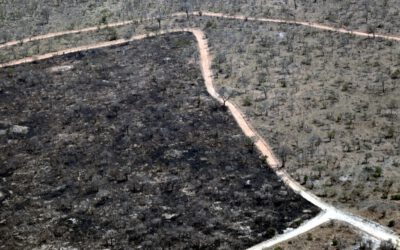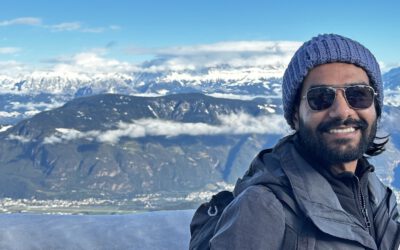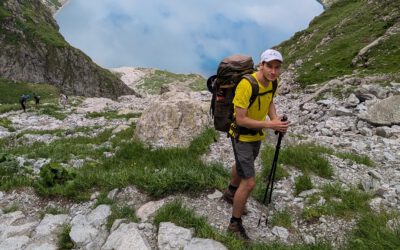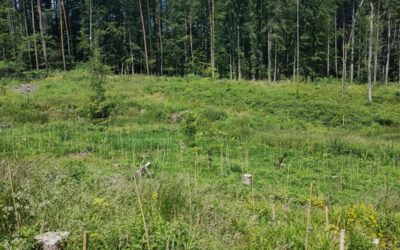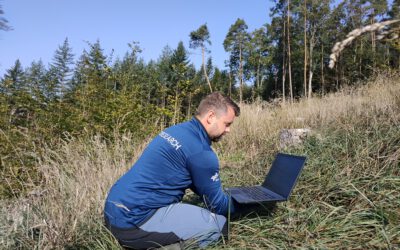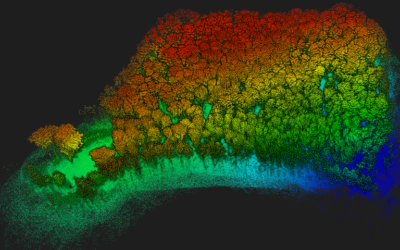Cities are dynamic and complex systems, that are home to more than half of the world’s population. Thus, it is important to evaluate the actual status quo of cities as well as the influence and ability of climate change adaptation and mitigation practices within urban areas for understanding challenges and needs in current and future urbanization processes.
The analysis of urban areas can be conducted using Earth Observation data, geodata, and open-source geodata such as social-media data. The combination of these databases allows for a broad, heterogeneous geodatabase which helps us to analyze and understand the complexity of urban environments, such as to investigate the interactions of humans and the built and natural environments in our cities. The heterogeneous data sources need to be understood and robust methods need to be developed to retain valid information.
One major component of sustainable urban planning principles is to reduce motorized traffic and to enforce more sustainable modes of transportations such as walking. This project aims to analyze the interplay of different morphological properties and pedestrians using remote sensing data, open-source data and network analysis. With this, the impact of urban planning practices on the pedestrian behavior will be explored based on robust methods and should help to expand our knowledge on cities. With this position, teaching within the EAGLE master course is expected.
Requirements:
We look for a candidate holding a M.Sc. degree with expertise in remote sensing, spatial statistics, and handling of various sources of data. A sound knowledge in remote sensing software, geographic information systems (GIS), and programming (e. g., Python, R) is required. The ability to work independently, organizational skills, high motivation and the willingness to work within an interdisciplinary team of collaborators are essential.
Necessary is the ability and knowledge about the application of routing algorithms. Proficiency in the English language, communication skills, and the capability to write research reports and peer-reviewed publications are further required.
Working environment:
We offer a stimulating research environment within an interdisciplinary, dynamic research team at the Earth Observation Research hub of the Institute of Geography and Geology at the University of Würzburg in close collaboration with the German Remote Sensing Data Center of DLR.
Applicants are invited to submit their applications via email including a cover letter, CV and all necessary certificates to eo-contact@uni-wuerzburg.de with the ID “urbanMobility” before 15.04.2023. The position is to be filled by 01.11.2023 and offered for a fixed term of 2 years with salary according to TV_L (65%).
The University of Würzburg is an equal opportunity employer, determined to increase the proportion of women in successful scientific careers, and particularly encourages them to apply. Preference will be given to disabled applicants with the same qualifications. Inquiries or questions should be directed to:
Contact: Earth Observation Research Hub, Prof. Dr. Hannes Taubenböck eo-contact@uni-wuerzburg.de www.earth-observation.org




